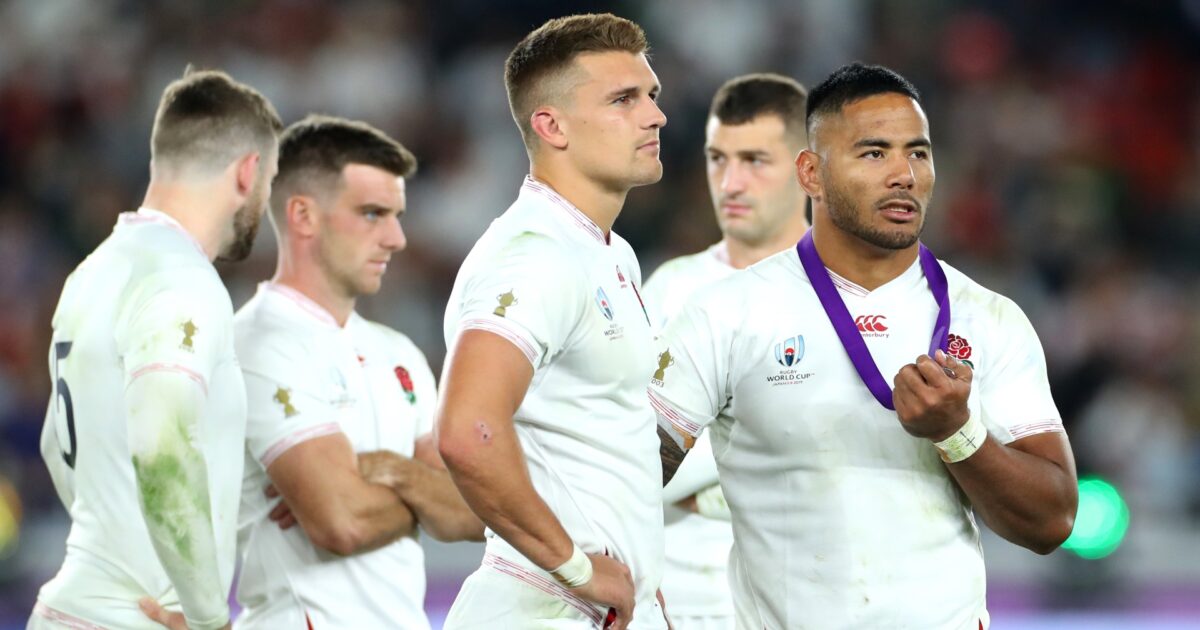Top England players face missing 11 of the first 14 2020/21 Premiership fixtures

Leading England international players look set to miss at least eleven of the first 14 games in next season’s Gallagher Premiership. Eight of the opening 14 Premiership rounds clash directly with Autumn Nations Cup and Guinness Six Nations Championship fixtures.
Although England head coach Eddie Jones is likely to release some players back to clubs during two Six Nations fallow weeks, the majority of his squad will remain unavailable for domestic action during that time. There is also a rest period after the Nations Cup – it will be taken at a time agreed with a player’s club – to be factored in.
The Nations Cup tournament runs from November 13 until December 5, with the Six Nations starting on February 6 and ending six weeks later. There are four rounds of European club action in December and January as well, so it could mean England stars being available for just three Premiership weekends between November and March.
The 2020/21 Premiership fixtures were announced on Tuesday, with the competition starting on November 20, just 27 days after the 2019/20 champions are decided. The current league campaign, halted between March and August because of the coronavirus pandemic, still has a full round of regular-season games left, plus play-offs and the final.
And next season will run until June 26, a day before the British and Irish Lions’ scheduled South Africa tour departure, including nine successive rounds between late January and late March. Such a schedule will be a huge test of Premiership clubs’ squad depth, although the planning for it is already underway.
Get the diary out and start filling in your club's dates 🗓️🖊️https://t.co/TbzwAiCksR
— RugbyPass (@RugbyPass) September 29, 2020
Exeter rugby director Rob Baxter, who has made 15 changes for Wednesday’s Premiership game against London Irish, said: “You look at the side this week, and there are a number of people who will start these games who we know we will need to use when the new season starts again in a few weeks.
“There is a reality that they need to be ready, not just now, but also down the line, so there are lots for them to play for, both individually and collectively. We need as strong a squad overall as we can for what will be a very challenging season next season, based just on the number of clashes with international periods if nothing else.”
Bristol boss Pat Lam has players in his squad like Kyle Sinckler and Ben Earl, who are set to be part of Jones’ England squads this season, while uncapped players such as half-backs Callum Sheedy and Harry Randall could push hard for international recognition.
Lam said: “I want as many of our guys to play for England and to play international rugby. That’s what we are about. We want to be a Champions Cup team, consistently playing in the Champions Cup and being contenders to win that every year. That’s our ambition.
“Getting guys into international teams, as a club and myself as director of rugby, we would be absolutely ecstatic. We know these games are in place. If we lose a few players to England, fantastic. We will make sure the next group are coming through.”
Fijian's up against 2 Scots, 1 English and 1 French 🥇 https://t.co/7UCIKAauWm
— RugbyPass (@RugbyPass) September 29, 2020










































































